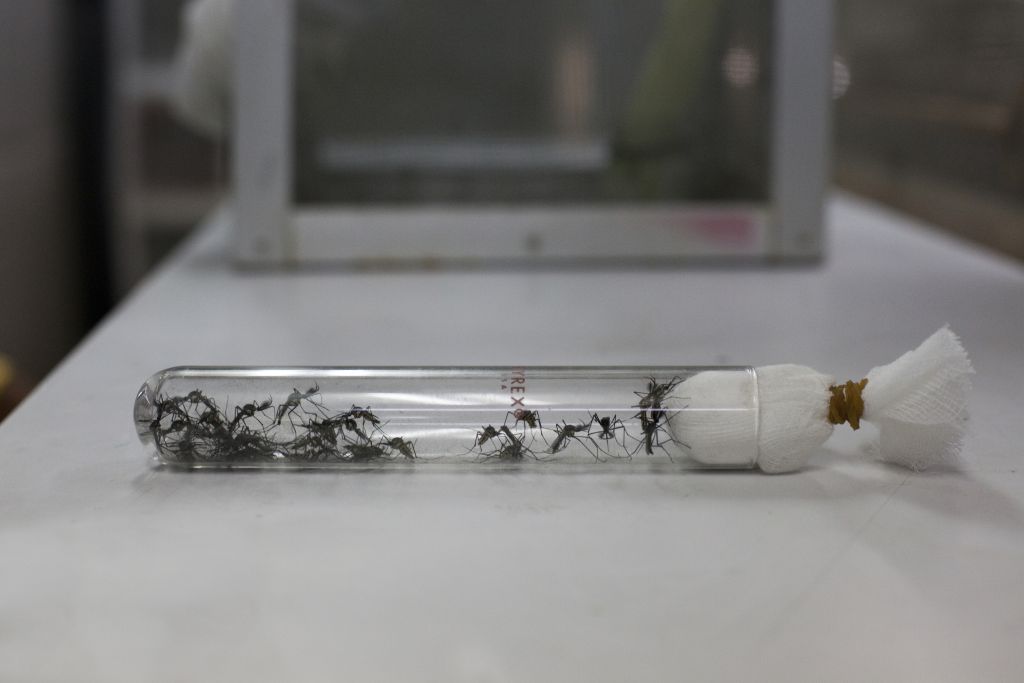California (Transatlantic Today) – A British biotech company received approval from US authorities this week to release over 2 million genetically engineered mosquitoes in California and Florida as component of a larger campaign to battle disease transmission such as Zika, canine heartworm, and dengue fever.
According to NBC NEWS, the experimental health care initiative followed the deployment of 144,000 genetically engineered insects in the Florida Keys by British biotech company Oxitec in 2021.
Oxitec claims that its non-biting genetically engineered male mosquitoes seek and breed with aggressive female Aedes aegypti mosquitoes, resulting in a decrease in the target population because the female progeny of these encounters are unable to survive, lowering the total population.
Oxitec touted its distribution in Florida in 2021 as a “success” in a press release announcing permission from the Environmental Protection Agency.
According to Oxitec, Aedes aegypti mosquitoes are very scarce in Florida yet responsible for the great bulk of mosquito-borne illness. In 2013, the exotic species was discovered for the first time in California.
The EPA permitted the dispersal of up to 2.4 million genetically engineered eggs and male adult mosquitoes in Monroe County, Florida, and Tulare, Fresno, Stanislaus, and San Bernardino counties of California in its letter authorizing Oxitec’s proposal.
They claimed Oxitec’s mosquito discharge, which the EPA refers to as a “experimental pesticide product,” can occur in a 34,760-acre region between the 2 states from now until April 30, 2024, when the trial finishes.
Mosquitoes were not allowed to be released near livestock or agricultural establishments, according to the EPA.
The permission also provides guidelines about what to do in the case of natural catastrophes, such as wildfires or tropical storms, which have ravaged California and Florida in the past few years.
Florida officials attempted several creative strategies to destroy expanding populations of Aedes aegypti well before the 2021 trial of genetically engineered mosquitoes.
In Key West and Miami in 2017, 1 experiment introduced male mosquitoes bearing the Wolbachia bacterium, which turned their progeny nonviable.
A decade ago, Key West considered employing genetically engineered insects in response to a dengue disease outbreak.
The threat presented by the Aedes aegypti mosquito has escalated since then as the invasive insect’s range has expanded in the United States.
A trial in a dengue-stricken Brazilian town in 2020, according to Oxitec, led to a 95 percent decline in Aedes aegypti numbers.


























